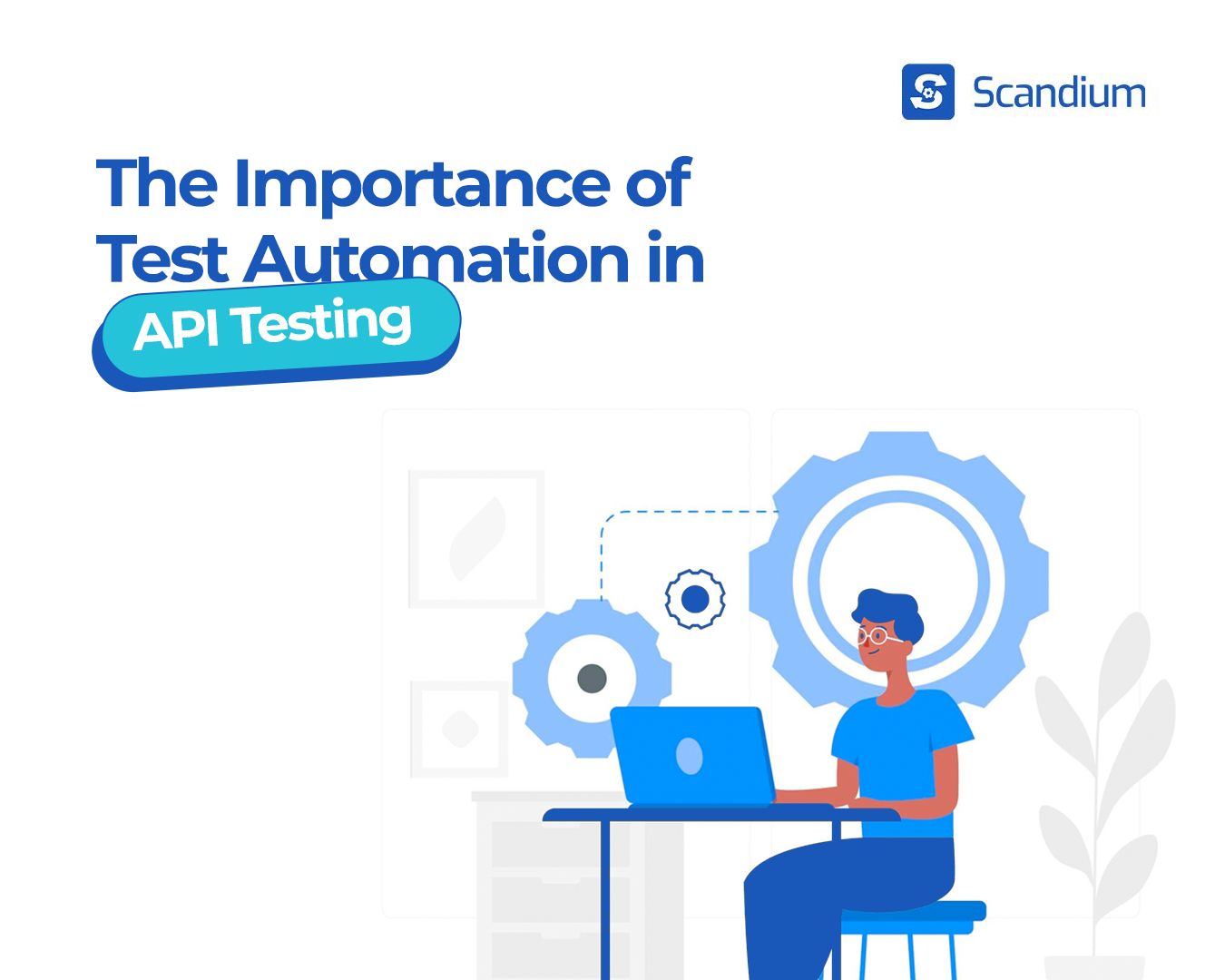
When developing software, you will likely need some form of data or parts of another software component for your software to perform certain functions. With API integration, you can easily link different software components to perform various tasks.
In today’s environment, where API integration is prevalent in software development, ensuring the reliability and functionality of APIs (Application Programming Interfaces) is crucial. APIs serve as the bridge between different software components, enabling seamless interactions and integrations. As such, the quality and performance of APIs directly impact the user experience and overall system functionality. Test automation has emerged as a pivotal strategy in API testing, offering numerous advantages that streamline the development process and enhance software quality.
Why API Testing Matters
APIs are the backbone of modern applications, allowing different software systems to communicate and share data. They facilitate everything from user authentication to data retrieval and manipulation. Given their central role, APIs must be thoroughly tested to ensure they function correctly under various conditions. Manual testing, while valuable, can be time-consuming and prone to errors, especially when dealing with complex APIs or frequent updates.
The Benefits of Test Automation in API Testing
- Efficiency and Speed
Automated tests can execute much faster than manual tests. Once set up, automated test scripts can run quickly and repeatedly, making it possible to test APIs under a wide range of conditions and scenarios. This speed is particularly beneficial in continuous integration and continuous deployment (CI/CD) environments where rapid feedback is essential. - Consistency and Accuracy
Automation reduces the risk of human error that can occur during manual testing. Automated tests follow predefined scripts and execute the same steps every time, ensuring consistent and accurate results. This consistency helps in identifying issues that might be overlooked during manual testing. - Reusability and Coverage
Automated tests can be reused across different stages of development and for different versions of the API. This reusability ensures comprehensive test coverage, including edge cases and performance testing scenarios. Additionally, automated testing tools often come with features that allow for easy integration with other testing and monitoring tools. - Cost-Effectiveness
While setting up test automation can require an initial investment of time and resources, it ultimately leads to cost savings. Automated tests can run unattended, reducing the need for extensive manual testing efforts. Over time, the efficiency gained through automation outweighs the initial setup costs, resulting in a more cost-effective testing process. - Enhanced Test Coverage
Automated testing allows for the execution of a large number of test cases, including those that might be too complex or time-consuming to test manually. This broader test coverage helps in identifying potential issues early in the development cycle, leading to more robust and reliable APIs.
Implementing Test Automation for API Testing
To effectively implement test automation for API testing, consider the following best practices:
- Choose the Right Tools: Select testing tools that align with your project’s requirements and integrate well with your development environment. Popular tools include Scandium, Postman, JUnit, TestNG, and RestAssured.
- Design Comprehensive Test Cases: Ensure that your test cases cover all aspects of the API, including functional, performance, and security testing. A well-designed test suite will provide a more accurate picture of the API’s quality.
- Integrate with CI/CD Pipelines: Incorporate automated tests into your CI/CD pipelines to facilitate continuous testing and immediate feedback on code changes.
- Maintain Test Scripts: Regularly update and maintain your test scripts to keep up with changes in the API and ensure they remain effective.
Conclusion
Test automation plays a crucial role in modern API testing by offering efficiency, consistency, and comprehensive coverage. By adopting automated testing strategies, development teams can ensure that their APIs meet high-quality standards and deliver reliable performance. As software systems grow increasingly complex, embracing test automation becomes essential for maintaining robust and effective APIs.
With Scandium‘s no-code capabilities, you can easily automate your API testing process without spending excessive time writing lines of code. Visit www.getscandium.com to get started and create a free account today.
